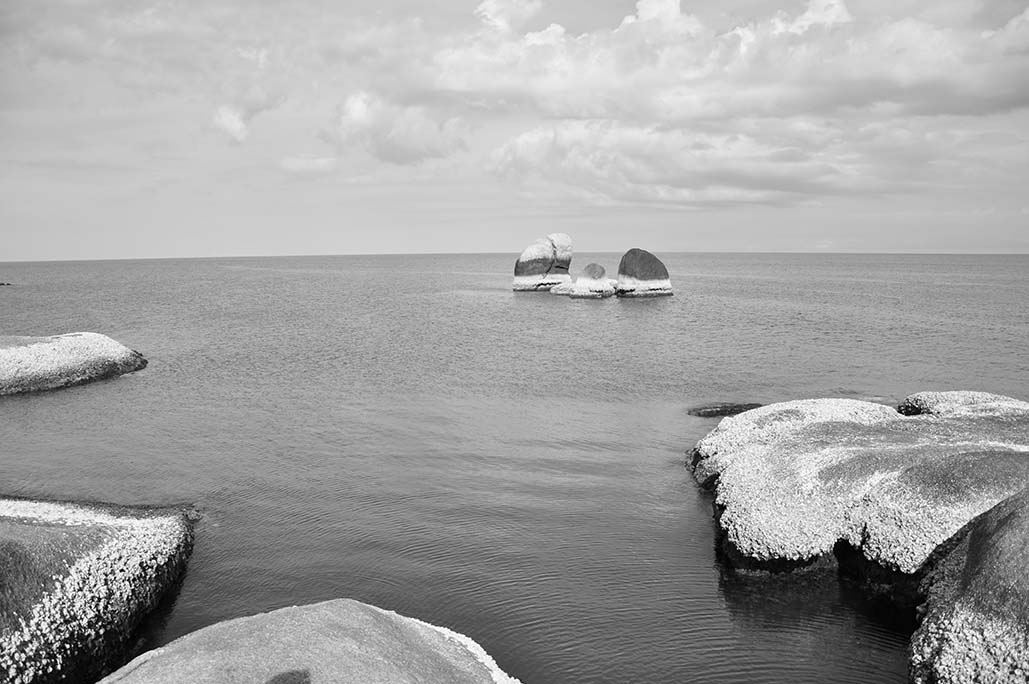SUSTAINABLE VS ETHICAL

Ever wondered what ethical and sustainable really mean?
With a 47% increase in searches around ethical and sustainable clothing, it seems that the UK (not only) is finally ready to embrace slow fashion. But, with ethical and sustainable being terms that are used almost interchangeably - it’s worth understanding what each of these terms mean and, more importantly, what impact they have.
Let’s start with ethics: What is ethical fashion and what are the key markers that a business is ethical?
First, businesses that focus on ethical fashion focus on the individual in their supply chain. This means that employees, from those who source the cotton to the people who sew the final designs, are treated equally and fairly. Ethical fashion brands avoid child and slave labour, and their employees are paid a living wage and employed in safe working
conditions. This often means a higher price point for consumers, as living wages are paid to all employees in the supply chain. Running an ethical business also means being transparent about their business practices (e.g #whomadeyourclothes, a hashtag designed to encourage accountability from larger brands), while also using their platform to highlight injustices within the industry.This often means a higher price point for consumers, as living wages are paid to all employees on the supply chain.
First, businesses that focus on ethical fashion focus on the individual in their supply chain. This means that employees, from those who source the cotton to the people who sew the final designs, are treated equally and fairly. Ethical fashion brands avoid child and slave labour, and their employees are paid a living wage and employed in safe working
conditions. This often means a higher price point for consumers, as living wages are paid to all employees in the supply chain. Running an ethical business also means being transparent about their business practices (e.g #whomadeyourclothes, a hashtag designed to encourage accountability from larger brands), while also using their platform to highlight injustices within the industry.
This can mean creating smaller collections, using recycled or non-toxic materials and switching up your packaging to use biodegradable wrapping over plastic. But, for a business to be actually environmentally sustainable it means a complete rethink of a business model.
“In Gene we believe in mindful, careful consumption. Central to the philosophy of the brand is to strip a design idea down to its true essence, removing anything that’s nonessential, whilst keeping it relevant and transcendent.” LORA GENE


Ethical and sustainable fashion practices are intertwined. Whichever one a designer begins to focus on first – the other will follow. One can’t be truly ethical without being sustainable, nor truly sustainable without being ethical. Consequently, for a business to employ ethical and sustainable practices, it likely means a do-over of their business model.
Lora Gene’s design collections have always been ethical and sustainable, a core philosophy of the brand. From building a network of small, but impressive suppliers that share the same ideals, to creating products that are designed to last for years, you can be sure that the designs you purchase are both ethically sourced and sustainably created. Always.
NOTE: In the light of COVID 19 Pandemic, you've probably heard that many brands have canceled their orders or haven't accepted the orders already in place. We stand behind each and everyone of our suppliers, but most of all of our workers! We've made sure all healthy protocols are followed properly and everyone feels well and secure.
